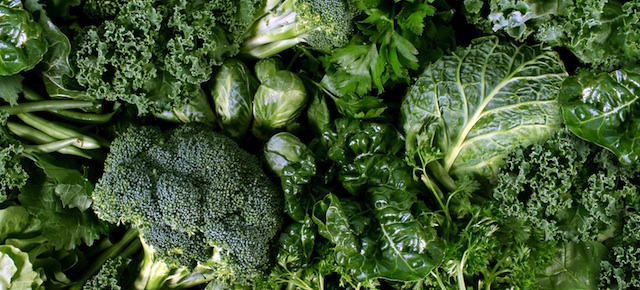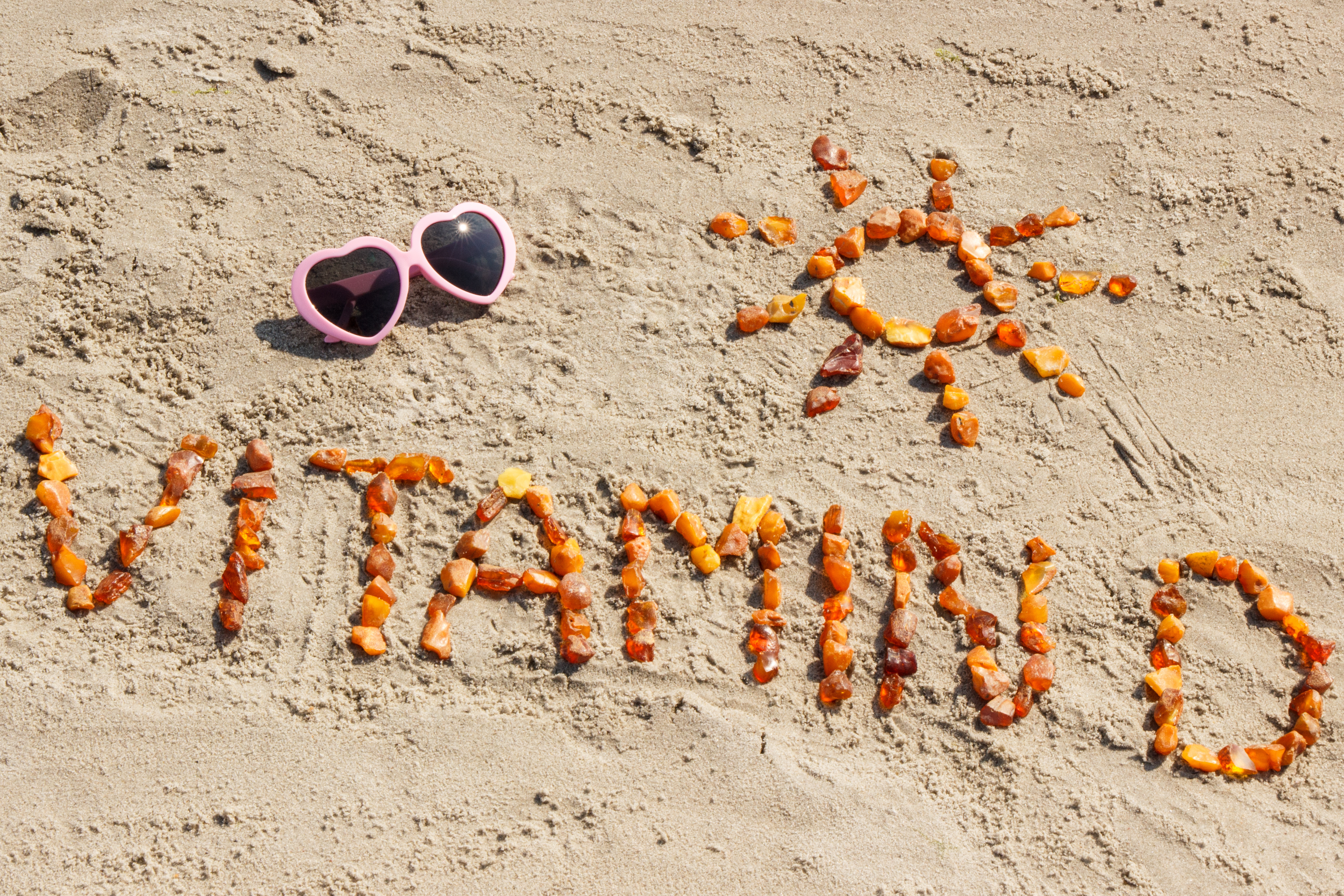Inflammation is the body's way of fighting against things that harm it, such as infections,…

What do you know about MILK? Can we live without it?
Homeopath, Shauna Wyldeck-Estrada tells us why we should substitute milk for other calcium rich produce
Many people are convinced that the milk we drink today is the number one product to give to ourselves and our children to maintain good health, good bones and good energy. The opposite is true.
‘The consumption of homogenised and pasturised milk in our society puts a huge strain on our digestive systems as the vital lactose enzyme which exists in the raw milk along with many other importatnt digestive elements, is missing due to the process of the mass production of milk” http://www.pasturesdelights.com/History-of-Milk_ep_57.html
The advertising campaigns of the milk companies now in the hands of the multi nationals make huge health claims. In particular that dairy consumption is vital to have strong teeth and bones and to stave of osteoporosis in later life. Vivian Goldschmidt book on debunking the milk myth is an excellent source of information on how this isn’t true. Valuable research that shows the complete lack of evidence to support such claims. http://saveourbones.com/osteoporosis-milk-myth/
Here is a list of non dairy foods compiled by Emma from The baby whisperer forum:
Dark green leafy vegetables
Many dark green leafy vegetables have relatively high calcium concentrations. The calcium in spinach is however, somewhat poorly absorbed, probably because of the high concentration of oxalate. The study revealed that kale, a low-oxalate vegetable, is a good source of bioavailable calcium. Kale is a member of the same family that includes broccoli, turnip greens, collard greens and mustard greens. These low-oxalate, calcium-rich vegetables are therefore also likely to be better sources of available calcium
- bok choy
- collards
- spinach
- kale
- head lettuce
Sea vegetables (seaweed)
- nori
- kombu
- wakame
- agar-agar
Beans and Peas
- Navy beans
- Soybeans
- Pinto beans
- Chickpeas
Grains
- tapioca
Seafood
- raw oysters
- shrimp
- salmon
- mackerel
- sardines
Seeds
- almonds
- hazelnuts (filbert)
- walnuts
- sesame seeds
- sunflower seeds
Lets be independent thinkers about the food and drink that we consume.
Which leads on to an even bigger question, Animal Husbandry in mass production,which maybe for another blog.
[social_share]


